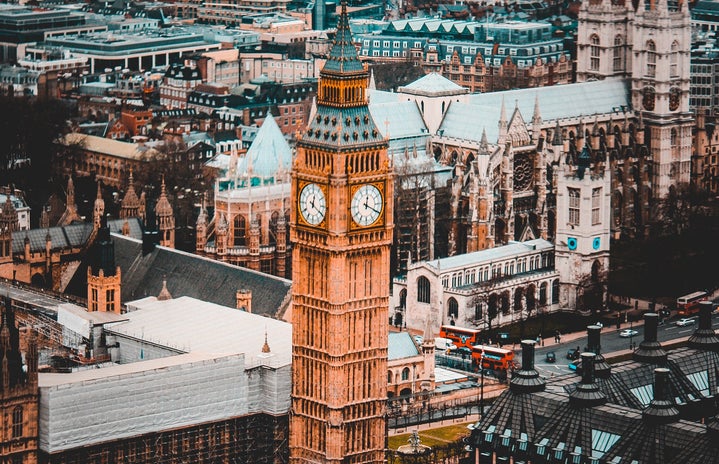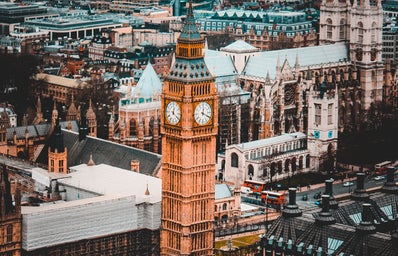The UK’s anti-climactic departure from the EU took place at the end of last month, and it would be fair to say that the whole country did one big sigh, whether that be a sigh of disappointment or a sigh of thank goodness it’s done.
2019 was a pretty lively and jam-packed year for British politics, with a new Prime Minister, a re-negotiation, and of course, the festive general election. So can 2020 be anymore eventful?
As we now enter the unchartered territory of the transition period, the unexpected is to be expected, if last year is anything to go by.
At the beginning of March, the UK and the EU will begin negotiations about our future relationship. The EU hopes that it’s negotiating mandate will be agreed by the EU27 at a meeting on February 25th, so that it’s fully prepared for the springtime talks. When negotiations begin between counterparts Michel Barnier and Sir Timothy Barrow, expect plenty of noise surrounding fishing, security and Erasmus. Also prepare for a plethora of the words ‘progress’, ‘the deal’ and ‘close partnership’, as both parties try to persuade the media that their side ‘has the upper hand’. And Leo Varadkar did say the EU is the ‘stronger team’ when comparing the negotiations to a football match (how we all wish it was quite that simple). Anyhow, by the end of Spring we are likely to have a good indication of where the negotiations are heading.
The next deadline (as if there hasn’t been enough already), is the 30th June. If the UK wishes to extend the transition period, it must do so by then (did I hear die in a ditch?). In June it’s also likely that we will see a big summit between the EU27 and the UK, so that progress can be fully assessed. Expect a re-jig of strategies around this time.
Just a day later on 1st July 2020, is when a political declaration must be made on access to the UK’s fishing waters for EU fishermen. Although fishing isn’t a huge economic asset for the UK, politically, it’s massive. The Leave campaign really went to town/sea on ‘taking back control’ of our waters, and if this political declaration doesn’t meet fishermen’s expectations, expect a media onslaught on the Government. But also due to the complexity and value of the issue, if a deal hasn’t been made, trade talks will grind to a halt. This would act as a huge stumbling block and would hike the likelihood of the UK reverting to WTO rules post-transition.
26th November is the next big one: EU officials have stated that a trade deal must be negotiated, checked, translated and presented to the EU Parliament by then, if it stands a chance of being ratified by the end of 2020. Members of the European Parliament will meet in the last week of November in Strasbourg for their penultimate-plenary session. Their final plenary session in mid-December is too late to sign off any deal by the deadline.
And before you know it it’s New Years Eve! This is the real cliff edge, the real deal. If a trade agreement isn’t in place by then, Britain will fall back on the basic WTO rules, meaning a hefty 10% tariffs on goods and little co-operation to ensure smooth borders, aka mayhem at Dover. This would be the real no-deal Brexit that many MPs failed to prevent in recent legislation, and would likely lead to widespread panic and uncertainty across the continent.
Both the UK and the EU are pretty determined not to let this happen, as they’d face pretty brutal economic consequences. So we do envisage that some form of deal will have crossed the line by this stage, even if it’s just an insurance policy against a no-deal Brexit, polished up into a trade deal to present to the British public (just to show that a deal can be done and Boris is the man for the job!) But do prepare for the trade deal to be a rather disappointing Russian doll.
It’s unlikely that come 2021, the Brexit malarkey will be all done and dusted. Michel Barnier has made it crystal clear that there simply won’t be time to discuss the vast multitude of issues this year. So future relationship talks will inevitably continue into 2021, to many Brexiteers bitter disappointment.


